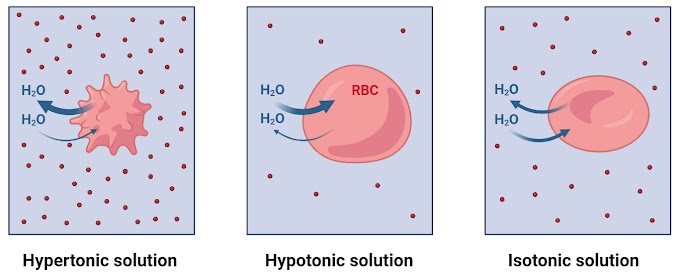What are Digestive Enzymes?
Enzymes are the biological catalysts made up of amino acids that break down substrate into products. Digestive enzymes are proteins that break down larger substances such as carbohydrates, proteins, and fats into smaller molecules.
Digestive enzymes are specifically secreted by digestive organs such as salivary glands, stomach, small and large intestine, pancreas, and spleen. The main purpose of digestive enzymes is to break down food particles and extract the glucose, amino acids, and other small useful substances required for the proper functioning of the body.
The absence of digestive enzymes can contribute to food intolerance. Some important digestive enzymes are amylase, protease (pepsin and trypsin), lipase.
What is bile?
Bile is a yellowish to dark green secretion synthesized by the liver and stored in the gallbladder. It contains water, salts, bilirubin phospholipids, cholesterol, and pigments.
The main function of bile is to emulsify fat so that lipase can digest it into fatty acids and glycerol in the small intestine.
 |
| Emulsification of fat by bile. |
Is bile a digestive enzyme?
No, bile is not a digestive enzyme. It does not contain any digestive enzyme and is not involved in the digestion process.
It contains salts that are necessary for emulsification of fat and in turn its proper digestion and absorption into the cells of the small intestine. If bile is not present then fat digestion will be reduced. This is why the patient whose gallbladder is removed are advised to eat less fatty food.
References
- Meier, P. J., & Stieger, B. (2002). Bile salt transporters. Annual review of physiology, 64(1), 635-661.
- Chiang, J. Y. (2009). Bile acids: regulation of synthesis. Journal of lipid research, 50(10), 1955-1966.
- Sipos, T. (1994). U.S. Patent No. 5,324,514. Washington, DC: U.S. Patent and Trademark Office.
- Image created in BioRender.com.





0 Comments